About 90% of products sold on Aldi store shelves are Aldi-exclusive house brands. These aren’t separate companies: these are private labels trademarked by Aldi itself. There is no Gardenline company or Ambiano or L’Oven Fresh. Instead, Aldi contracts with outside suppliers who sell out their products to Aldi. In exchange, Aldi requires the products to have a specific look and feel. That’s why many Aldi Finds have a standardized familiar blue manual, and it’s why most Aldi house brand foods have consistent logos and emblems.
The goal Aldi has for its products is to imitate the name brands as closely as they can. Aldi wants its cereal to taste just like the cereal it’s impersonating. Same for any other product, from condiments to snacks. But the similarities don’t stop with just the taste and texture of the food itself.
If you’ve been an Aldi shopper for any length of time, you’ve noticed something pretty familiar about Aldi product packaging. You’ve seen it before. In other stores. Among name brands. Not exactly the same, but close enough that it’s an obvious impersonation. Your suspicions probably grew if you went back to another store and looked at their name brand product packages.
No, your eyes are not deceiving you. Aldi makes sure its suppliers make their packages look as close to the real thing as the lawyers will allow.
Want examples? We’ve got plenty. Here are just a few.
Here are some cookies.
And chips.
And soup.
And cereal.
I could go on, but you get the point. Aldi is in the imitation business, both inside the package and out. Its goal is to make their products familiar. Why? Simple: because when it looks like what you’re used to, you’re more likely to trust it and more likely to buy it.
Other companies do it, too — you’ll see generic products in other grocers that bear more than a passing resemblance to the big brands. Aldi, though, seems to have elevated this imitation game to an art form. Literally.
Wait? Is That Legal?
What about copyrights? Could Aldi be sued for encroaching too much on the look of another brand? It could, and it has. Back in 2015, for example, King’s Hawaiian filed a lawsuit against the German grocer, alleging that Aldi sweet rolls “intentionally and willfully employ[ed] product packaging that is confusingly similar” to King’s Hawaiian, “with the intent to trade off the enormous goodwill that King’s Hawaiian has earned.” Three years later, King’s Hawaiian sued Aldi again, this time over bread stuffing mix. In both cases, Aldi settled out of court.
King’s Hawaiian is not alone. Other companies, including Welch’s, Coca-Cola, and bath tissue maker Georgia-Pacific have all taken Aldi to court over the years for packaging similarities.
There’s a fine line between imitation and copying, and sometimes other companies decide Aldi crosses the line. Aldi is smart enough to know what it can get away with, and I suspect it’s made a lot more money in revenue than it’s paid out in settlements.
And let’s be honest: most average consumers don’t care about any of that legal business. If they see an Aldi product that looks a lot like a name brand — and tastes like it, too — they’re going to buy it. I know I do.
That’s one of many reasons why Aldi remains one of the most formidable supermarkets in the business.

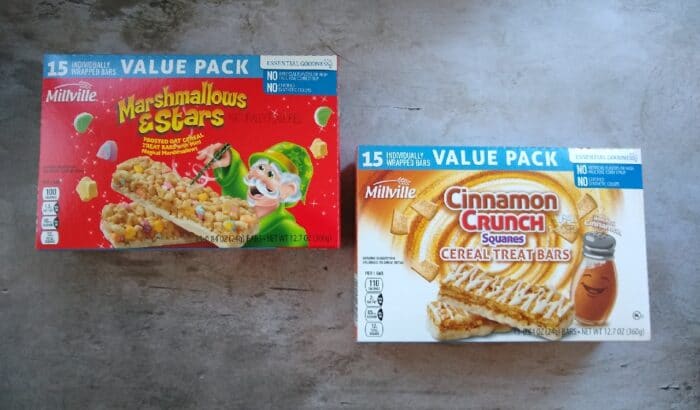
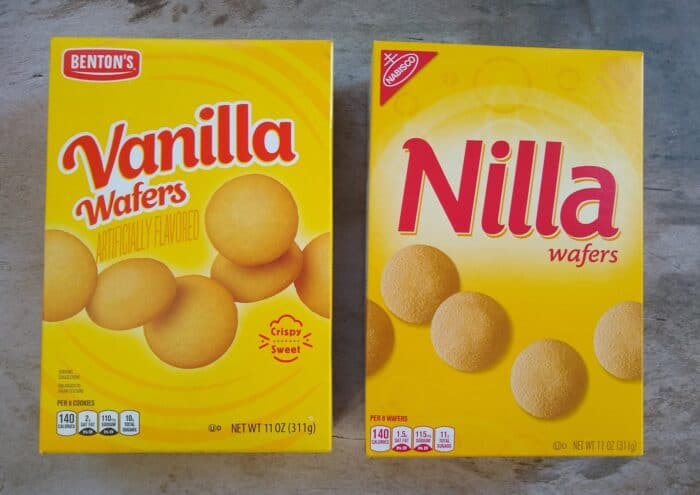
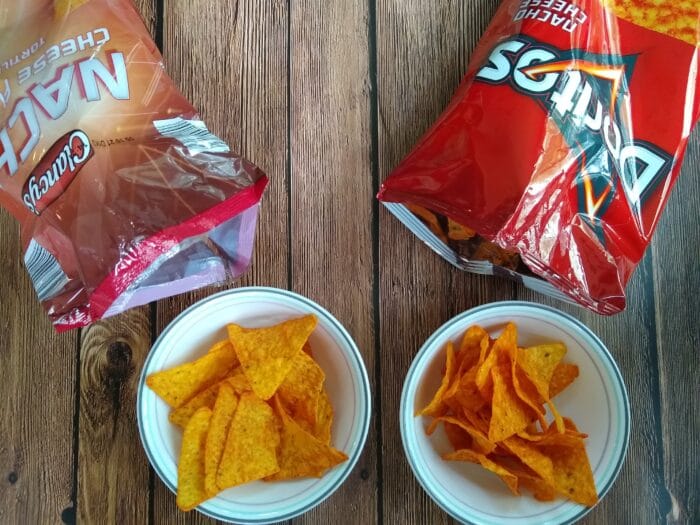
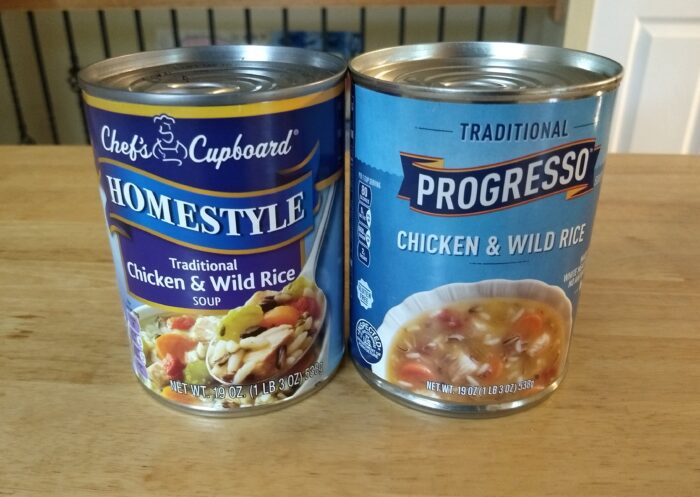
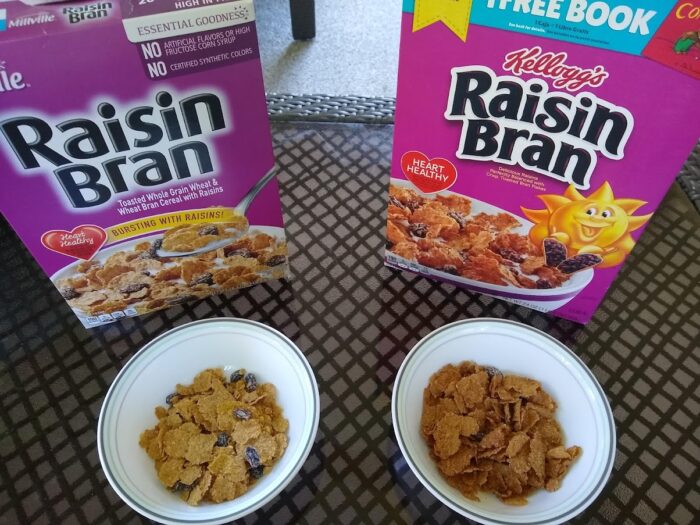
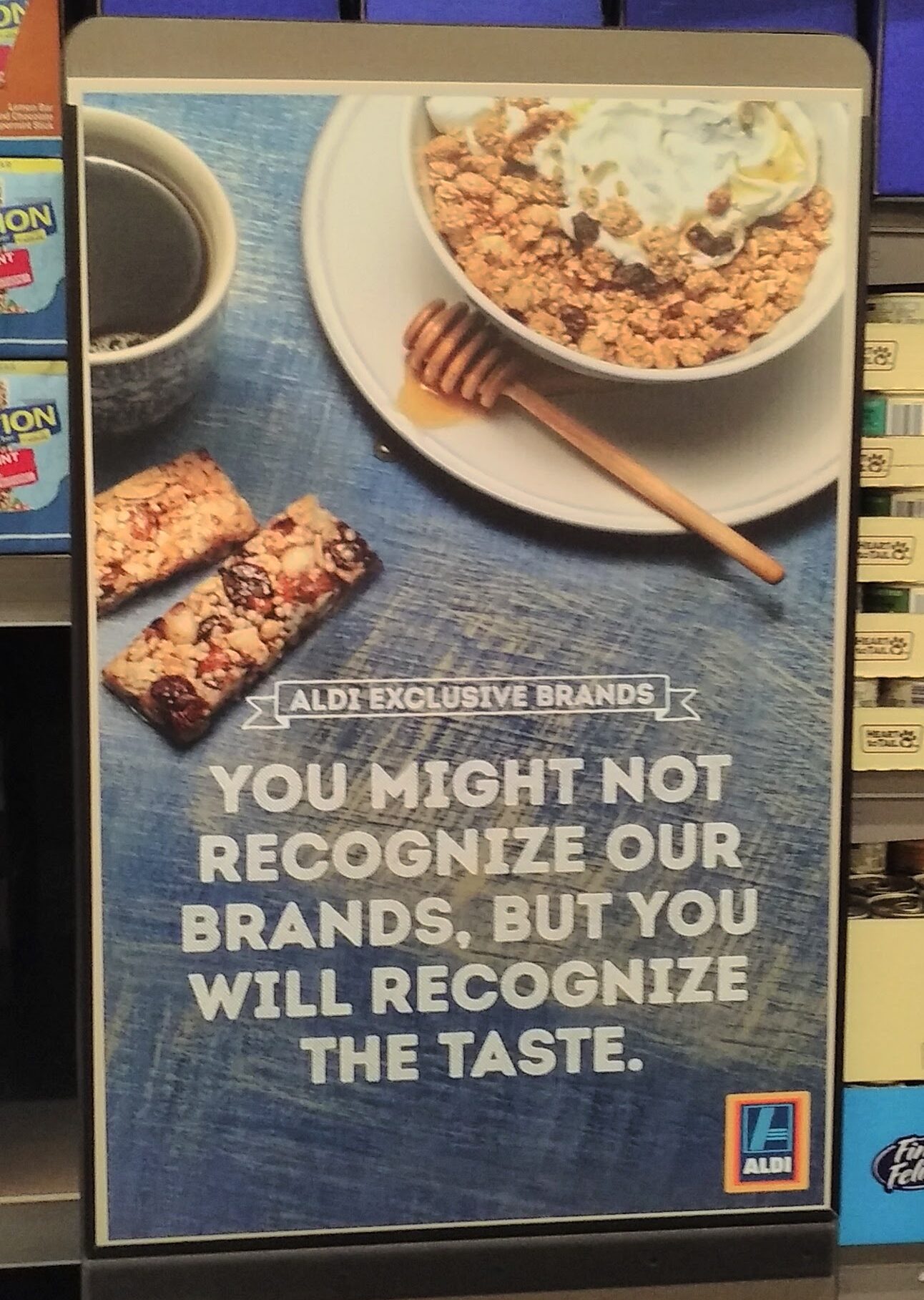

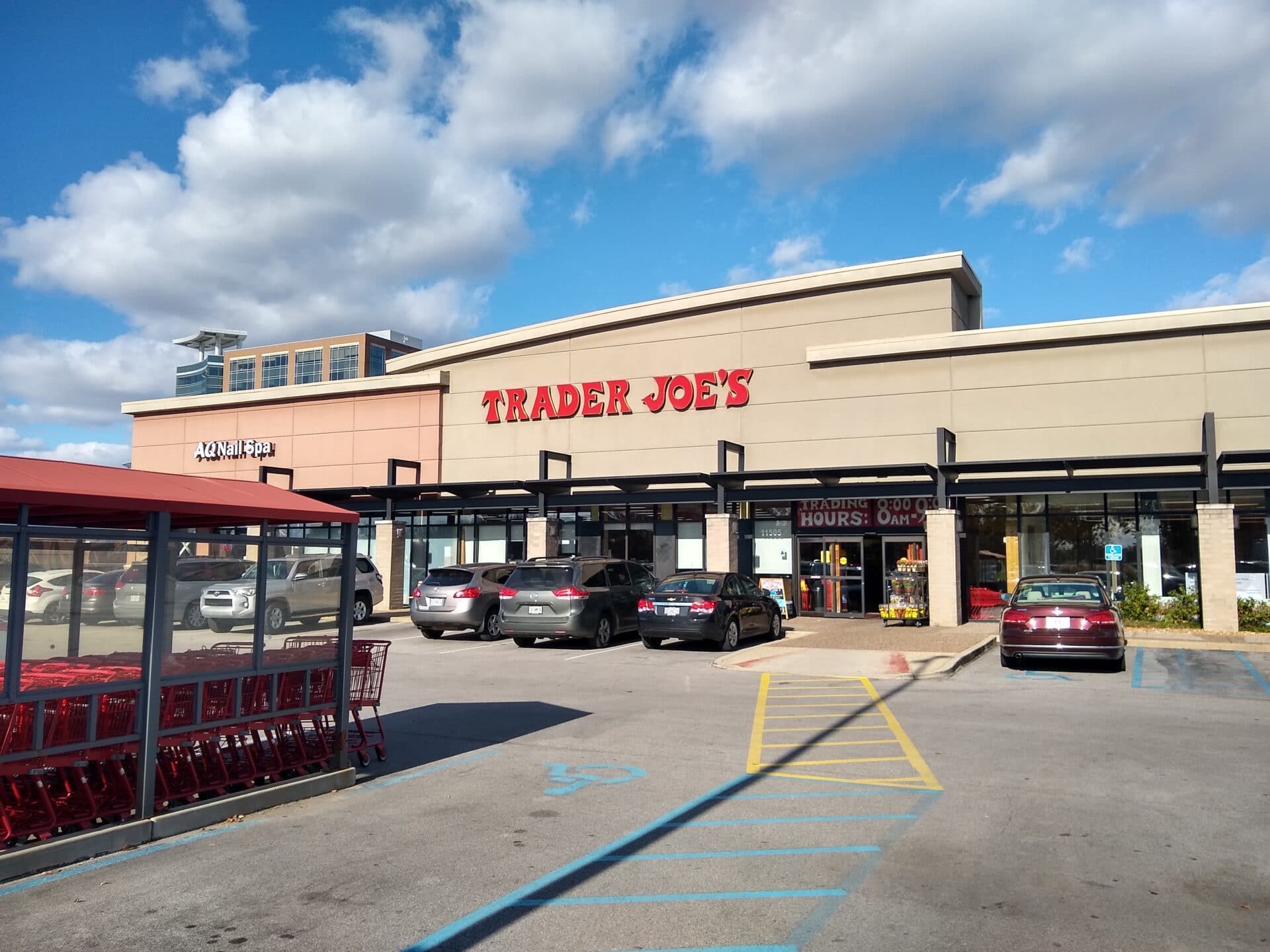

Personally, we like the Aldi brand products better than the name brand on every product we have tried. And the savings is amazing, especially in these days of inflation. So thankful Aldi moved to our town!
I like that Aldi does this. I can easily identify what the product is similar to.
Millville Shredded Wheat and Kellogg’s Shredded Wheat are IDENTICAL in texture and taste. This leaves me to conclude that Kellogg is the actual supplier of Aldi’s private label brand.
It may also be true that the supplier of Aldi’s Sweet Rolls is in fact King’s. If that is the case, why would a supplier “bite” the hand that feeds them (with business)?
Have you checked the packages’ manufacturer’s codes?
It would be interesting to see if any Aldi item is made by a brand name. The manufacturer’s code could be evidence of that.